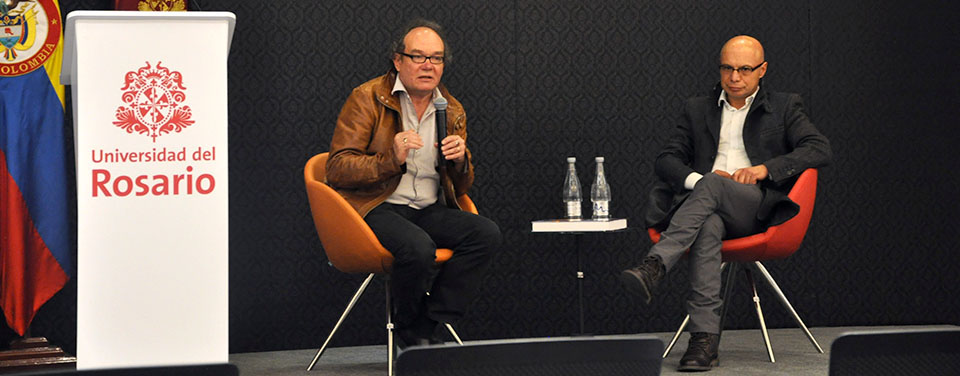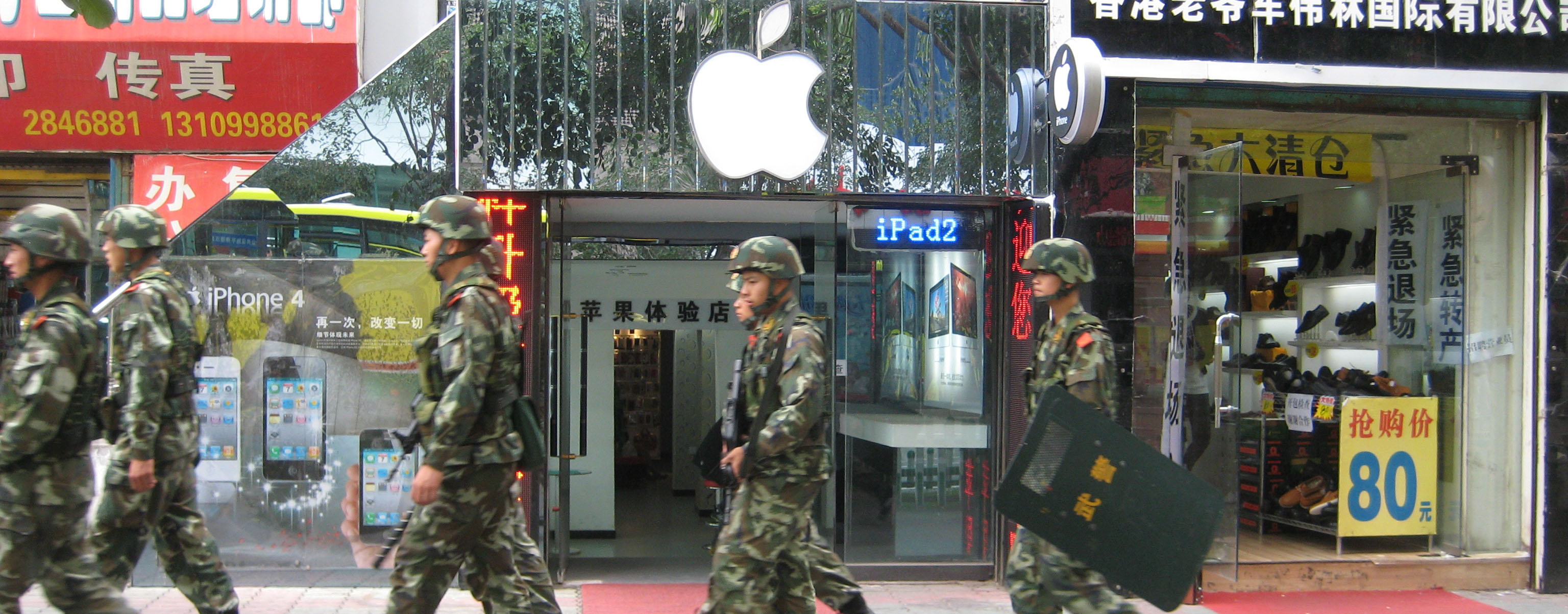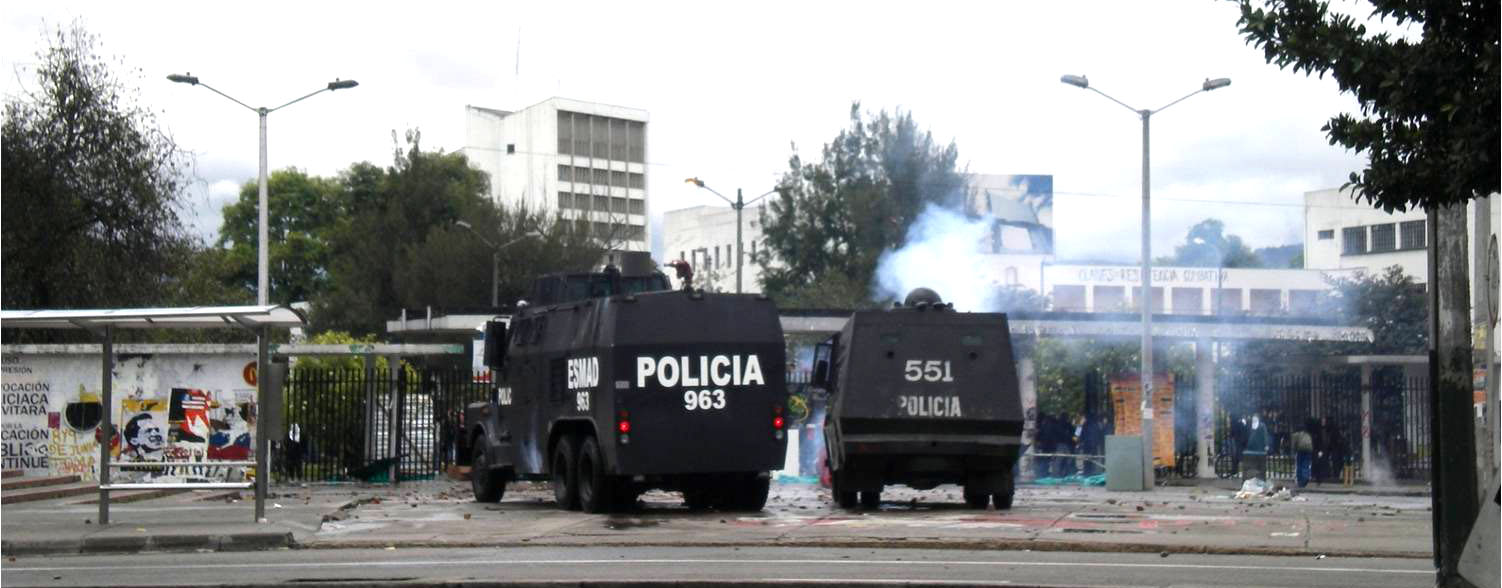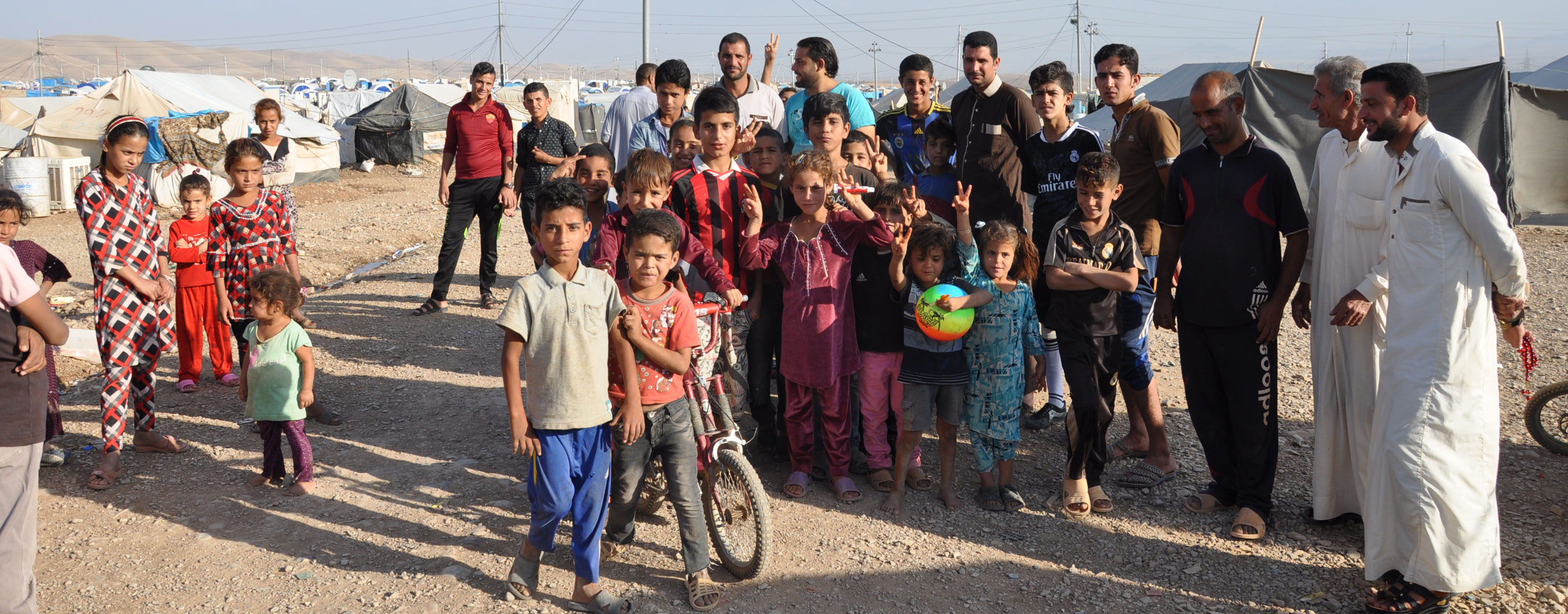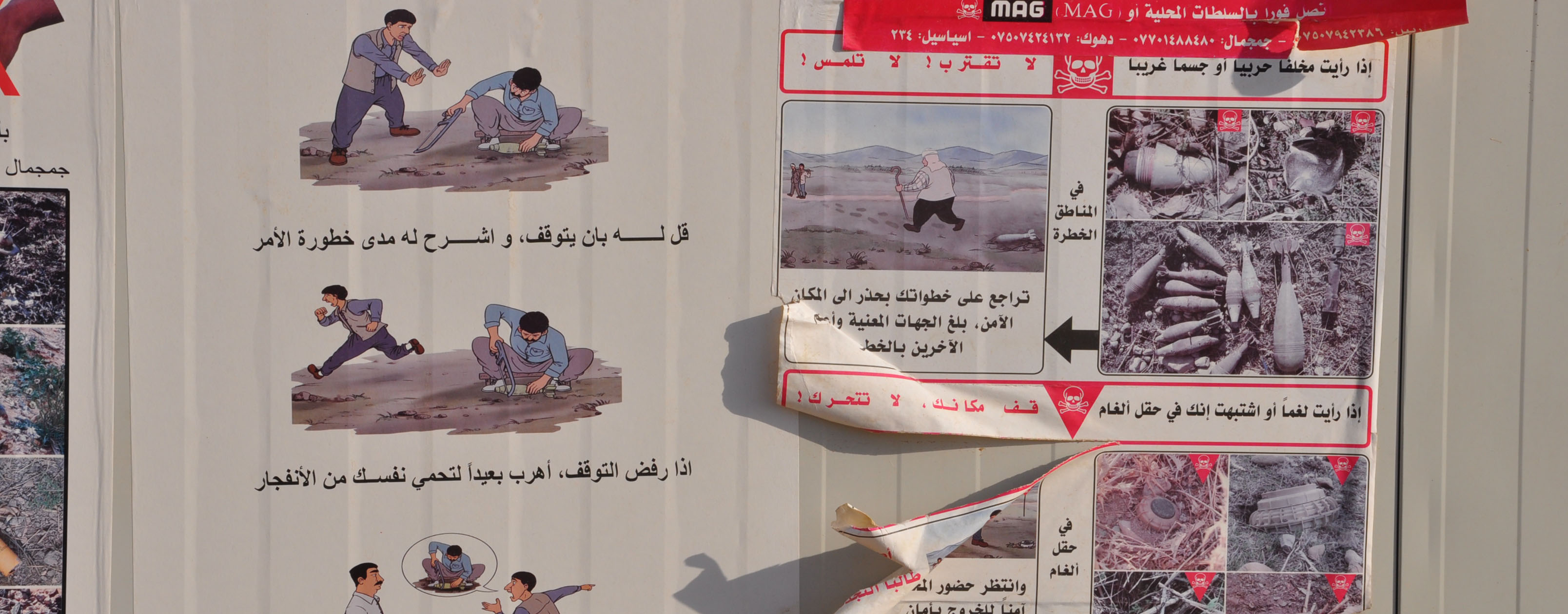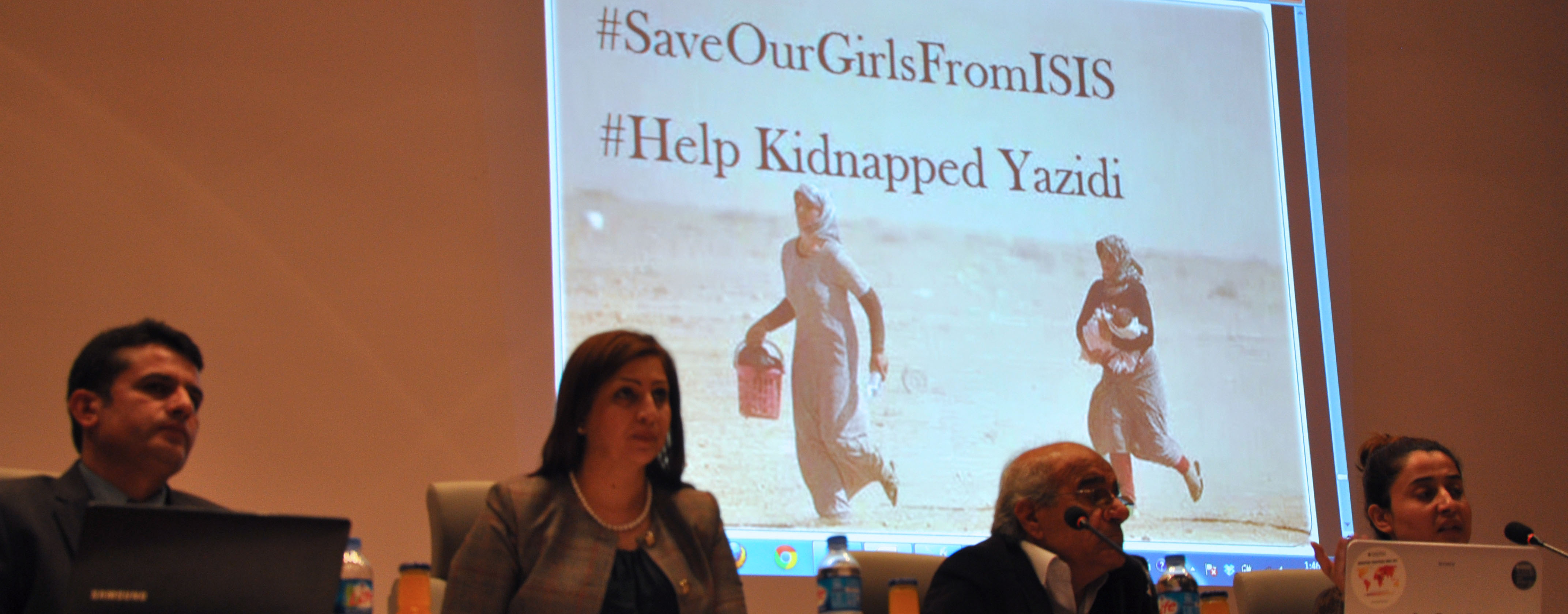Mekelle University, Mekelle (Tigray, Ethiopia) 26 – 30 Oct 2015
Conference Report
26-30 Oct 2015 Mekelle University, Felsberg Institute and Friedrich-Ebert-Foundation jointly organised a Workshop-Conference on the topic of “Regional Security”, which aimed at opening up a usually rather narrow political understanding and debate through international comparison and interdisciplinary perspectives. Therefore the conference considered wider contexts of conflict and reconciliation and instigated interdisciplinary and transcultural debate on regional security and human security during and after conflict. International and national experts from various disciplines (e.g. from history, law, political science and anthropology) presented and discussed in an open and constructive manner.
Being part of FES and MU’s ‘Joint Public Lecture Series on Society, Communication and Culture’ the event also continued FI’s series of international and interdisciplinary workshop-conferences on the wider issue of conflict and reconciliation, which so far took place in Erbil/Northern Iraq (2013), Bogotá/Colombia (2014) and Hamburg/Germany (2015).
After a short opening ceremony to welcome the conference’s participants and introduce the organising institutions MU, FES and FI in MU’s Management Hall, the conference started with its first panel ‘Regional Conflict and Security in International Contexts’. Hartmut Quehl, political historian and director of the Felsberg Institute, sketched a broad analytical frame of past and current regional conflict in a global and interconnected world. Daniel Heilmann, lawyer and Senior Parliamentary Legal Advisor at the Senate of the Kingdom of Cambodia, presented a paper on the attempt to settle international conflict in the South China Sea by means of international law and negotiation. Soren Chamorro from the Martin Luther King-Institute of Political Sciences at Politecnical University of Managua/Nicaragua took a similar stance towards the political negotiations and peace agreements of Esquipulas that subsequently led to overcome war and regional conflict in Central America. Unfortunately neither Daniel Heilmann nor Soren Chamorro could be present in person. Their papers, however, were read and discussed in absentia.
Associate Prof. Wolbert Smidt from MU’s Department of History and Heritage Management had accepted to take over the conference’s key note lecture, which then took place Monday afternoon, 26 Oct, at Adi Haki campus. On the base of his experience in Northern Ethiopia Wolbert Smidt addressed conflict as a cultural concept and fundamental means of social communication.
Local expertise also coined the conference’s second panel ‘The Horn of Africa: A History of Conflict?’, where Haile Muluken (History and Heritage Management, MU) discussed how colonial and postcolonial trajectories underpinned the Ethio-Somalia boundary conflicts, while Günter Schröder (Felsberg Institute) compared and analysed formalisation processes of military organisation in both Eritrea and Ethiopia. Wolbert Smidt presented historical examples of political violence in Tigray and Eritrea, but stressed the dimension of political autonomy towards local leaders and noblemen. Prof. Ivo Strecker from Mainz and Arbaminch Universities, completed the picture with his introduction on local attempts of reconciliation in Southern Ethiopia in the early 90ies as documented in his ethnographic film “Bury the Spear”.
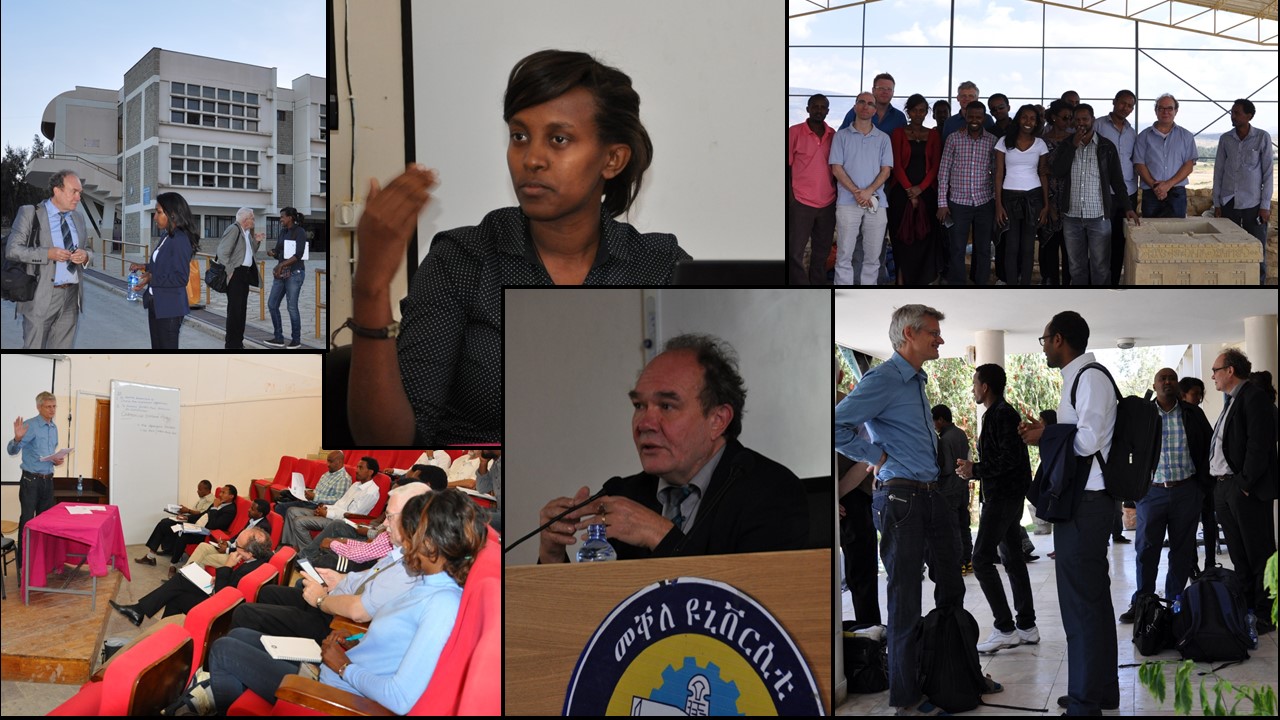
Impressions from our conference on 'Regional Security' at Mekelle University, 26-30 Oct 2015
Refugees and Migration were identified as one of the major effects of conflict and uncertainty. Fesseha Berhe’s presentation (History and Heritage Management, MU) generally introduced into the third panel’s topic, while Mulu Getachew, social anthropologist and Ph.D.candidate at Addis Ababa University, exemplarily focussed on Eritrean refugees’ situation and perceptions in Mai Ayni refugee camp. Starting from her analysis Magnus Treiber (Felsberg Institute & Bayreuth University) discussed migration’s uneasy construction of knowledge among both, Eritrean refugees and assigned social workers in receiving countries. Kiya Gezahegne (Social Anthropology, AAU) concluded the panel with an interpretative analysis of the Ethiopian-Sudanese border town of Metemma and its intriguing web of mutual symbolic relations.
The third conference day focussed on Prospects of Peace: Regional Security and Reconciliation, Development and Prosperity. Here scholars presented from a perspective of international law, political science and political anthropology, starting with Daniel Rezene Mekonnen (International Law and Policy Institute, Oslo, Geneva), who discussed the interrelated concepts of human rights and human security and their potential significance for the Horn of Africa region. International cooperation and regional integration – highlighting IGAD – was at the core of Assefa Leake’s presentation (Political Sciences and Strategic Studies, MU), while Markus Höhne, anthropologist at Leipzig University, critically examined Somaliland’s hybrid political order. Finally Andargetchew Tilahun (Institute of Peace and Security Studies, AAU) and Meressa Tsehaye (Political Sciences and Strategic Studies, MU) commented on the persistent political stalemate between Ethiopia and Eritrea.
After three days of intensive input and debate and following Dr. Kindeya Gebrehiwot’s address to the conference participants Magnus Treiber introduced into the conference’s final discussion, suggesting to cluster topics and presentations on the overall field of ‘Regional Security’ around the dialectic divide of formal and informal spheres, opposing institutions, treaties and agreements to politics, interests and improvisation. Negotiation and dialogue seemingly interconnected and mediated formal and informal spheres and issues and proved indispensable for paths towards regional peace and human security.
During the final discussion a number of issues was raised, suggesting joined follow-up debates and events. While the conference had successfully broken academic silence on Ethiopian-Eritrean relations – not least by integrating Ethiopians and Eritreans into academic exchange – other topics such as environmental and resource economy or the role of Djibouti in the region could not be satisfactorily discussed and will need further attention and examination.
Thanks to the management of Mekelle University and its local conference organisers a joint excursion to the excavation site of an Axumite temple, Wuqro’s archeological museum and the famous nearby rock church could be organised for the following day, while the last day was reserved for talks on academic cooperation and a student workshop on qualitative research methods.
In conclusion the conference successfully kept its ambitious promise – and Mekelle and its local university proved to be an attractive place for this and further international and interdisciplinary conferences.





